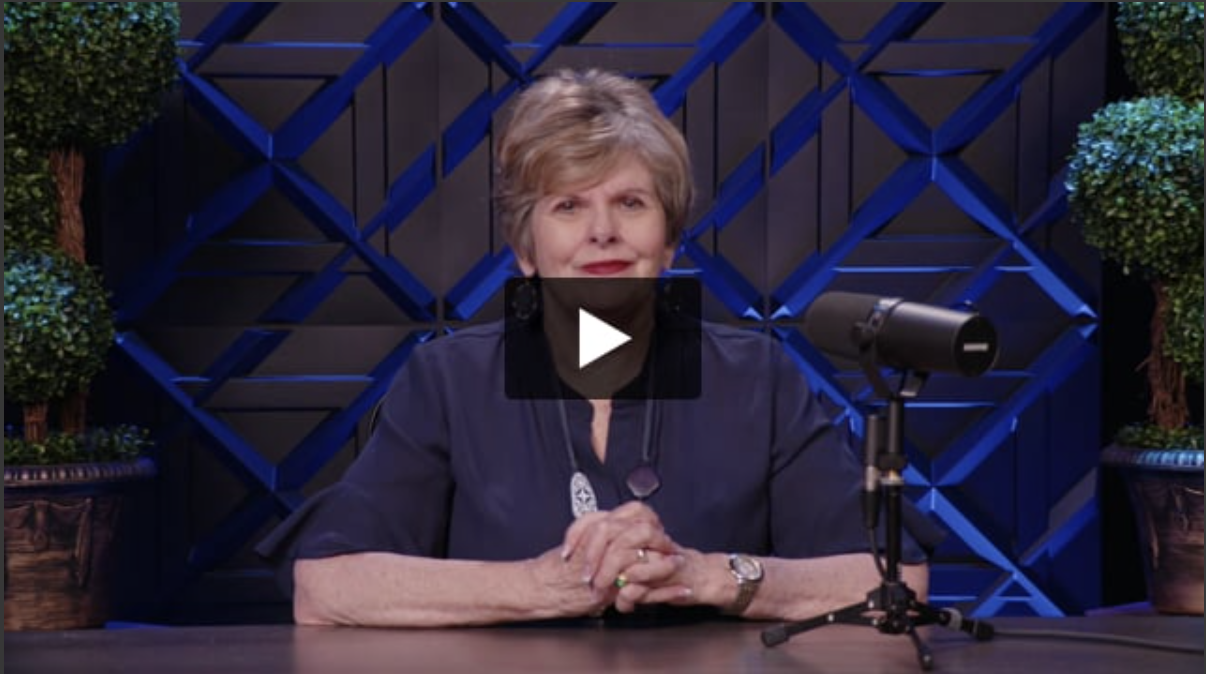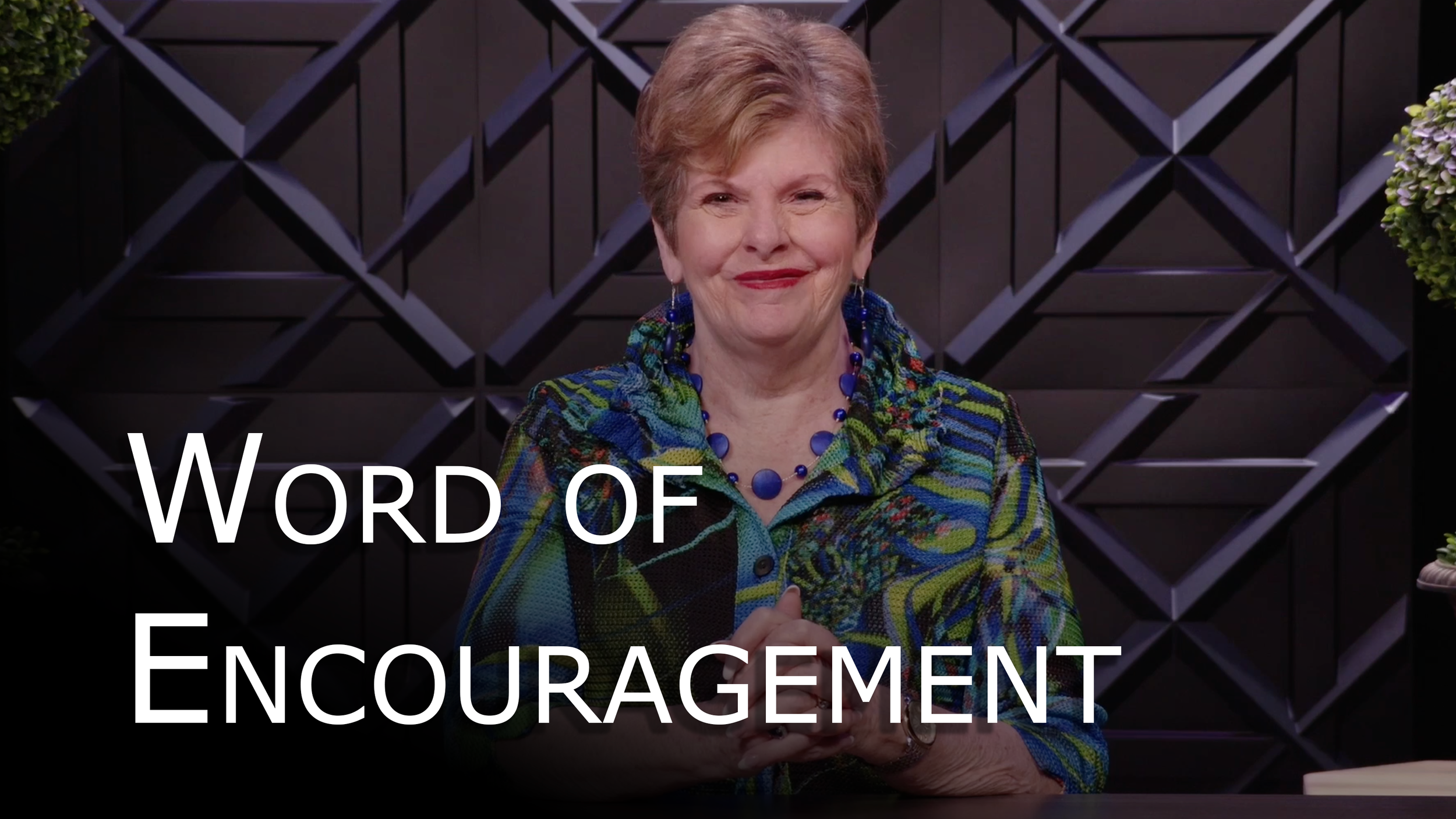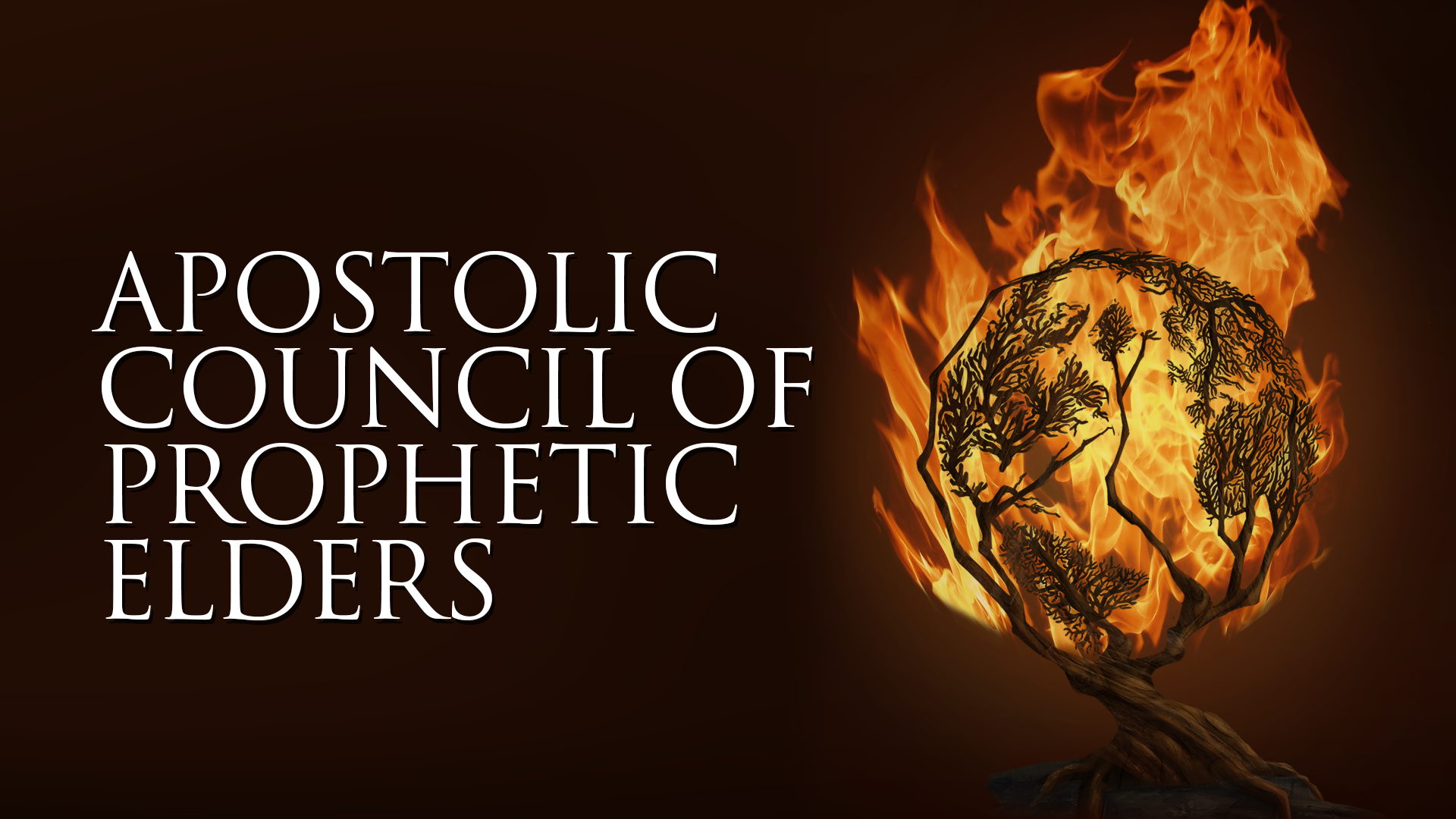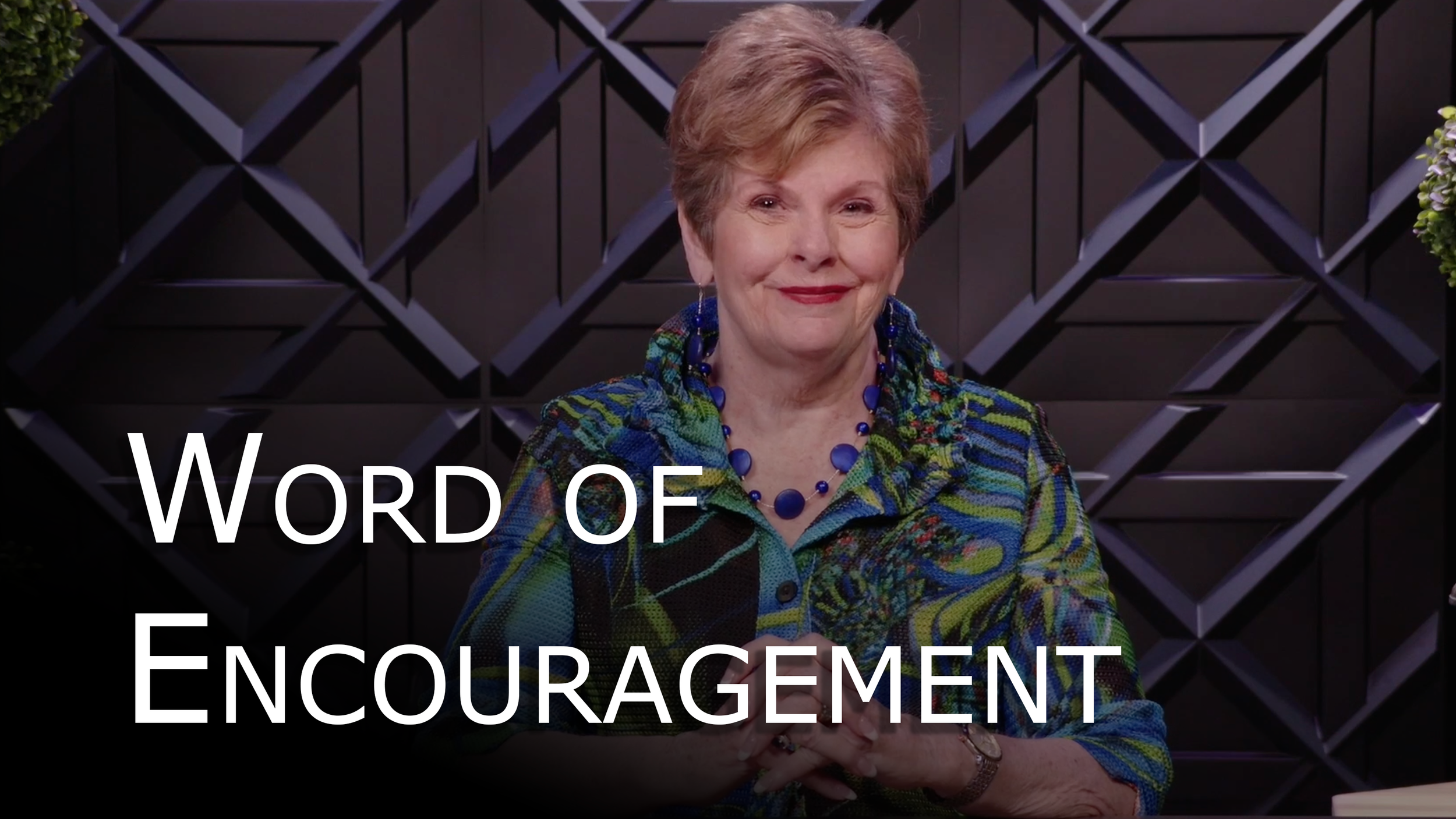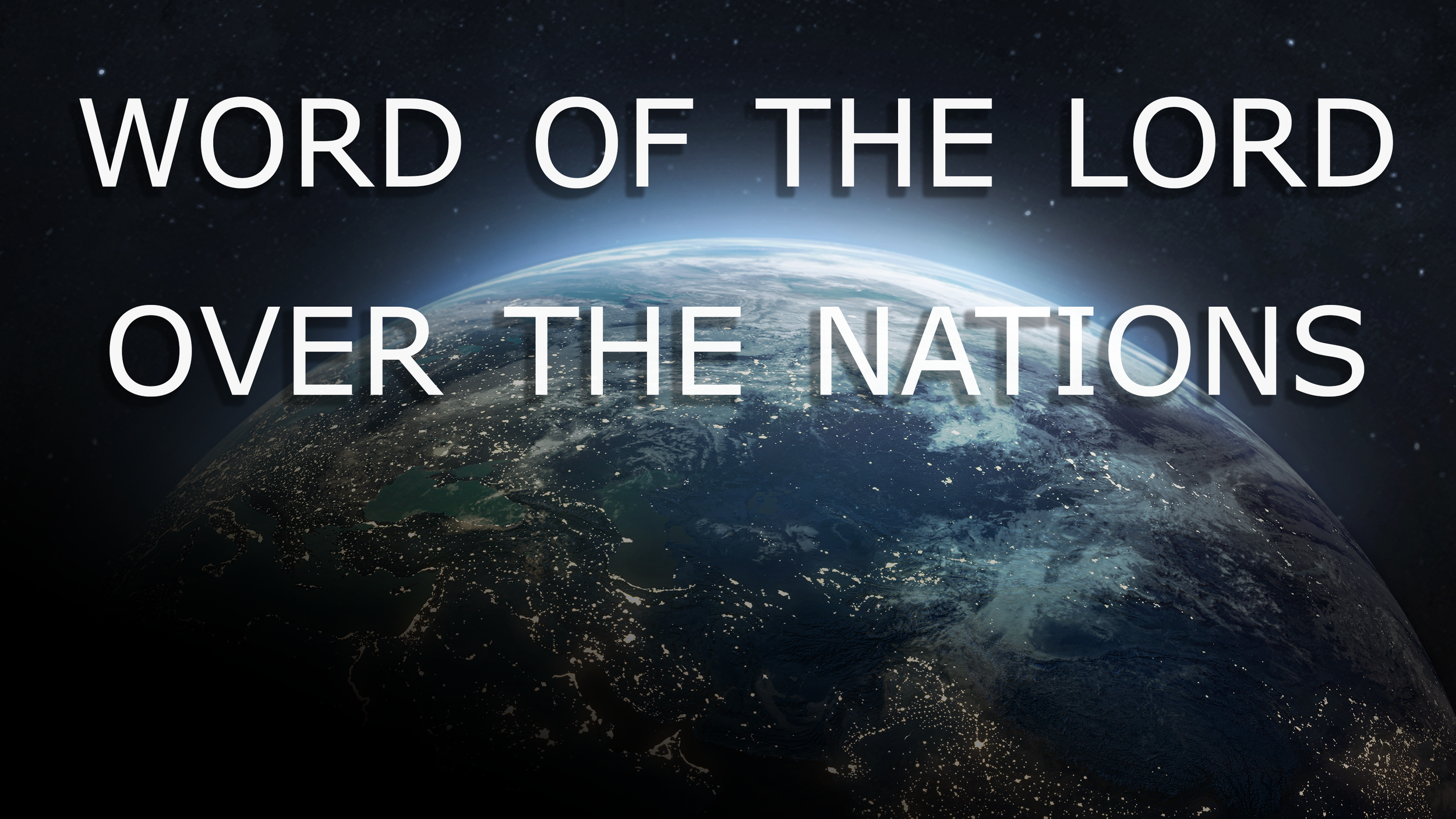A Lifestyle of Justice
There are so many justice issues arising in our world that it can become quite daunting to figure out where to devote our time, attention and resources.
I’ve struggled with this for much of my life. My heart is very much for justice and making things right. Whoever is in front of me, talking about their cause, has my passion and attention. Stop human trafficking? I’m in. Take care of orphans? Let’s do it. Fight for the unborn? Sign me up.
For justice-minded people, this can be so hard and frustrating. Where do we begin? How do we find our cause? We can swing in one of two directions—either taking on too much in the attempt to fix it all or doing nothing because we’re paralyzed by all the possibilities.
As I pray and seek direction about this in my own life, I sense the Holy Spirit asking me to do two things while I wait for more clarity:
To trust that He has given my heart a strong hunger for justice for a reason and that He is preparing open doors that I cannot see yet.
To begin cultivating a lifestyle of justice in my everyday existence.
Justice as a Lifestyle
Earlier this year, I was intrigued to learn that Judaism actually has no word for “charity,” which generally refers to a single act of giving. Instead, there is the intertwined concept of justice and righteousness (learn more in our article about this connection). The idea speaks of “right living, of aligning oneself with the world in a way that sustains rather than exploits the rest of creation . . . a lifestyle, a commitment to the Jewish concept of tikkun olam—’repairing the world’.”1
To practically illustrate the contrast between the concepts of charity and justice, consider the Christmas season in the U.S. and many other countries. There will be a surge of opportunities for charitable giving. Many organizations count on this season to sustain them through the rest of the year when people aren’t thinking so much about giving. People are also far more likely to look for places to volunteer during this time, to the point that I’ve even heard of nonprofits having to turn away help or donated items because it’s so much more than they can use, when the rest of the year, they are desperate for people and resources.
Why does this happen? Because, as a culture, we have embraced charity over justice. Charity doesn’t really inconvenience me. I can give, put in my annual time, and get back to my life.
As an aside, it’s important to say, giving is vitally significant. Especially here in the U.S., where we really are privileged to have so many resources, giving is a crucial role we can play in funding the work people are doing all over the world. And I know many families do it sacrificially. So, please, if you are financially supporting an organization, don’t stop!
But, if you are willing to allow your heart to be stretched, cultivating a lifestyle of justice extends beyond sending a monthly donation. It involves taking a look at our day-to-day routines and asking ourselves if we are living in a way that sustains rather than exploits the rest of God’s creation.
Getting Started
I want to share some ideas and thoughts with you. This is a process our family is currently engaged in, so I do not claim to be doing this perfectly. But we are committed to learning and changing and seeing our world through the lens of God’s justice, and I know it will be an ongoing journey.
The first thing God laid on our hearts is to begin taking a hard look at whether or not the way we are living comes at the expense of someone else. While there are so many avenues of our lifestyle we can consider, one simple and immediate change we’ve made is to only use fair trade coffee and chocolate. If you do some research on trade and consumerism, you will find that these two industries are aligned with some horrific practices that exploit the poor all over the world.
We love our caffeine and our sweets, but our indulgence often comes at the price of taking advantage of vulnerable, struggling communities in third world countries. Admittedly, fair trade coffee and chocolate are more expensive items. We’ve adjusted our bodies to drinking less coffee daily, and (much to the relief of my waistline!), chocolate has become a special occasion indulgence. Chocolate for baking is hard to find in stores, but thanks to the internet, we do have access to it. As an added bonus, every fair trade product we’ve tried so far tastes better than its counterparts!
You might be thinking, “Does this really matter that much?” And the answer is a resounding yes. It does matter. Remember Jesus asked us to be faithful with the little things? Well, this might seem really little on our end, but it means everything to someone else’s livelihood on the other end. If I want God to trust me with more, coffee and chocolate are as good a place to start as any!
The second thing God has been asking us to do is expand our idea of giving and intentionally look for needs to meet. For all the amazing work so many humanitarian and charitable organizations do, individuals can fall through the cracks for any number of reasons.
Our family was personally touched on three different occasions last year when someone heard of a need we had and reached out to us to meet it. We were humbled and overwhelmed by this, realizing God wants to use all of us this way, even if we don’t have much.
Even though our budget is tight, we try to keep some cash on us in case we see someone who needs help, whoever it may be—a homeless person, a single mom, a friend struggling through a season of unemployment. Like so many spiritual principles, God is teaching us how generosity and justice can work together. This is the redemptive side of justice—partnering with God to make things right for others.
Our third step has been initiated by our children. After a recent episode of Curious George, they came to me and said, “Mommy, why don’t we recycle?” I gave them some response about not having room for another bin in the kitchen and having to find somewhere to take it. Their response? “God told people to take care of the earth, Mom. Those things you said don’t sound that hard for doing our job.”
Let me tell you, I was so convicted. I know there are a lot of extreme environmental causes out there that seem to value nature over people. And as a whole, I think the body of Christ has seen those things waving red flags in our faces, and we’ve distanced ourselves.
While there is no question that humanity is God’s great treasure and not an inconvenience or imposition, the fact remains that He entrusted us with stewardship of the earth—to wisely use its resources, to care for it and nurture it. I think He is wanting to raise up people whom He will give sound strategies to counter the ideas out there that are not in alignment with His heart.
In the meanwhile, there are small steps we can take to be less wasteful and to be resourceful. So, as of the time of this writing, a feisty four and five-year old have given me one week to get a recycling bin and find our nearest donation center. And because I want to teach them God’s idea of justice, I have agreed.
Your Turn
This approach to building a lifestyle of justice is only beginning for us, and I know there will be many more aspects to come. Sometimes God overhauls our entire existence all at once, but often, He takes us step by step through a process of changing, both our hearts and our actions.
I encourage you to begin asking Him how you can cultivate an all-encompassing life of justice, knowing that as you prove faithful in these little things, He will entrust you with more opportunities to partner with Him in repairing the world.
Here are some additional ideas, both from our journey and that of other like-minded believers:
Educational injustice is a major issue in our nation. Consider identifying a struggling school and ask them what needs they have. I have teacher friends who have to pay out of their own pockets for basic things like copy paper, markers, art supplies, and snacks for their students. Some of the “low-performing” schools are just massively understaffed and under-resourced. They might need books, someone to listen to kids practice reading, even little appreciation gifts for their teachers. You don’t have to have a student in a school to be a blessing to them.
Begin doing some research on the history of racial injustice in your country. Here in the U.S., we know about obvious issues, like the treatment of Native Americans and slavery, but there’s a lot to learn about how the underlying attitudes weave themselves into systems and structures, making it very difficult for minorities in many ways. This is not strictly an American issue; almost any country has a group of people that were at some point (or are currently) deemed as superior to others. The ripple effect can go a long way, even when it seems to the issue has been addressed. But we can not effectively change this if we are not willing to take a look at even the ugly parts of our histories.
Are you a business owner? Ask the Lord to examine your heart. Is the well-being of your employees as important as your profit? Are your employees paid fairly? Especially for women, wage inequality and a lack of sympathy for the obligations that come with motherhood are significant problems that need to be addressed.
Consider volunteering somewhere outside your church on a regular basis. Many nonprofits could use regular, committed manpower. Added bonus? Being a representation of Jesus in your community.
Surprise a single mom with groceries, yard care, babysitting. Perhaps she is going to school to try and build a better life for her kids; you could give toward her textbooks or tuition. Or take her some meals so that as she’s trying to juggle school, work and family, she can still feed her children well.
Be a justice-minded consumer. Start researching where the products you most often use come from. Are they produced by people using unjust labor practices? Are they harmful to the environment? This can be overwhelming at first, but start with one change at a time. And remember that it really does make a difference. Some good resources to start with are learning about your slavery footprint and the book, Everyday Justice: The Global Impact of Our Daily Choices, by Julie Clawson.
If you want to learn more about justice issues and what we can do, here is some additional reading:
Reformation Manifesto, by Cindy Jacobs
Half the Sky, Nicholas Kristof and Sheryl WuDunn
Website: International Justice Mission
End Notes
Evans, Rachel Held. A Year of Biblical Womanhood. Thomas Nelson: Nashville, 2012.


